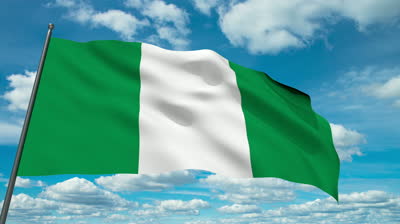By Paul Onomuakpokpo
Whether or not our current leaders consider it a cruel fate that
threw them up in these times that contrast with the heady days of oil boom,
they must not keep on ruing their arrival on the political scene only when the
party is over. For, great leaders, with redoubtable transformational savvy,
have often emerged in the times of depressing national crises like war and
economic collapse. The times of crises are not when leaders who have been
weaned on a diet of ease and are imbued with the delusive notion that
public office is a voyage into uncharted
territories of splurging should remain in the cocoon of comfort,
untouched by the afflictions of their people. Thus before our leaders is placed
the uncommon opportunity of demonstrating their capability for navigating the
nation through the treacherous trajectory of a myriad of emergencies.
But even if they
were willing, our leaders cannot make a headway until they really
appreciate the character of the tragedy that has befallen the
citizens. In our nation’s case, it may only be in the period of the civil
war that the people suffered more than they are doing now. Every other crisis
with its attendant immiseration may pale into insignificance before the one the
citizens are currently confronted with. The economic crisis has thrown
many people out of jobs and they can no longer pay their
rents. But just recently in Lagos
Indeed, signposting
their attainment of apotheosis, the dustbins and dumping grounds have
increasingly become the dining tables of the poor . The scramble cannot go
unnoticed as those who ought to throw the remnants of their food in those
dustbins do not even have what to eat. These are workers whose companies
have collapsed because of their inability to procure the foreign exchange they
needed for their operations. Others are workers who, though are
engaged in their jobs, are being owed for months by their private
or public employers. These hobbled employees are even looking for who to borrow
from. Some of them who never went to religious places of worship like
churches before now frequent there with the hope that help could come from
there. But from who do they beg or borrow when all the workers are
suffering the same fate? Those that may be in a position to be borrowed or
begged from should be the members of the political class who are
invulnerable to the crushing economic crisis . Even the little
the salary-starved worker has cannot buy so much since the prices of goods have
tripled due to the widening disparity between the naira and the dollar.

